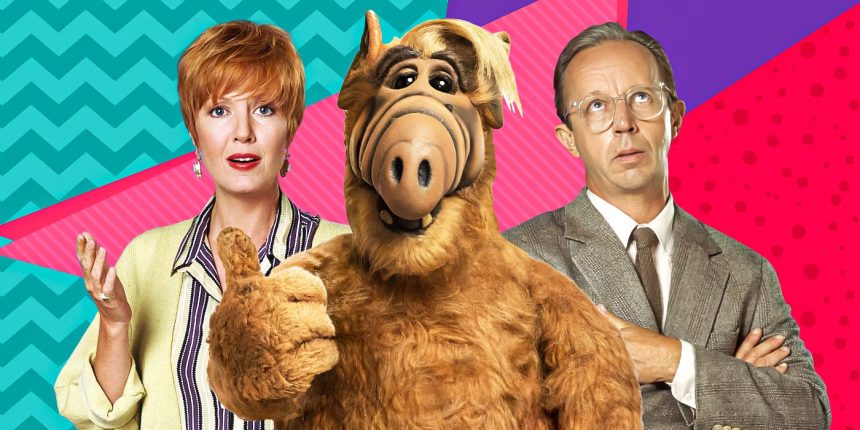ALF, the iconic sitcom of the ’80s, left an indelible mark on television history with its quirky premise and unforgettable characters.
Premiering on September 22, 1986, on NBC, the show ran for four seasons, attracting the audiences with its unique blend of traditional family sitcom tropes and the whimsical antics of its titular alien puppet.
Created by Paul Fusco, who also lent his voice to the mischievous ALF, the series followed the escapades of Gordon Shumway, a wise-cracking extraterrestrial who crash-lands on Earth and finds refuge with the Tanner family.
Week after week, ALF’s comedic adventures ensue, causing chaos in the Tanner household but delighting viewers with his infectious charm.
While ALF’s antics brought laughter to millions of households, the human actors behind the scenes faced their own challenges.
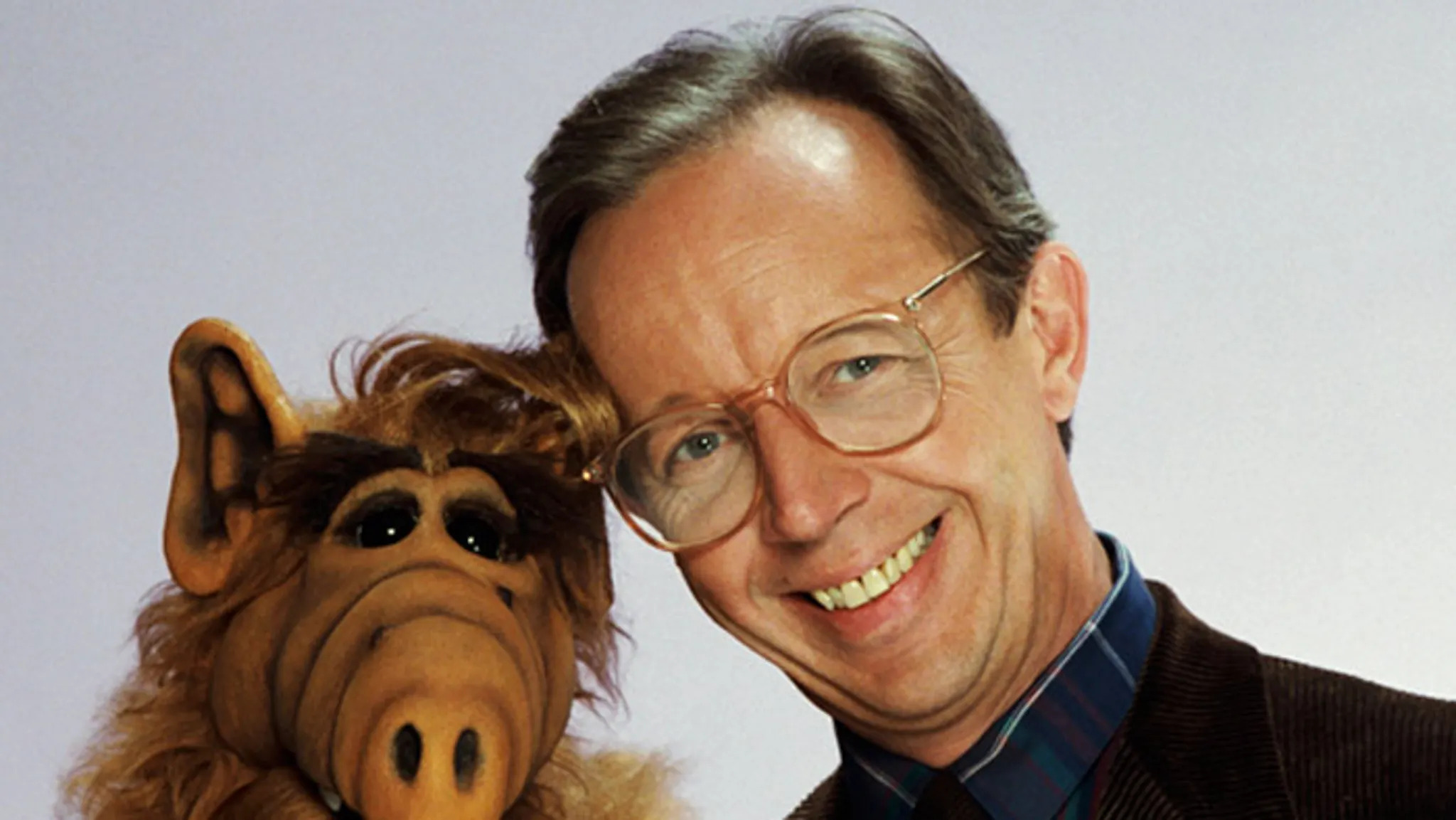
Working with a puppet proved to be more difficult than anticipated, leading to tensions on set and strained relationships among the cast members.
One actor even walked out, unable to cope with the demands of the role, while another described it as the most challenging acting job of their career.
Despite the difficulties encountered during production, ALF’s legacy endures, continuing to bring joy to fans who fondly remember the show from their childhood.
Its impact on popular culture is undeniable, with ALF becoming a cultural phenomenon in the ’80s and ’90s, spawning merchandise, a cartoon spin-off, and even making appearances on game shows.

The Puppet Outshines Humans in ‘ALF’
ALF’s larger-than-life personality and infectious energy often stole the spotlight from the human characters on the show. While viewers easily recall the antics of the lovable alien puppet, the human characters tend to fade into the background.
This phenomenon was not unique to ALF, as other late ’80s sitcoms faced similar challenges, with one character dominating the narrative and overshadowing the rest of the cast.
The actors on ALF understood the dynamic from the beginning, realizing that they would inevitably play second fiddle to the charismatic puppet.
The Tanner family, while endearing in their own right, lacked the same level of magnetism as ALF, making it difficult for them to compete for attention.
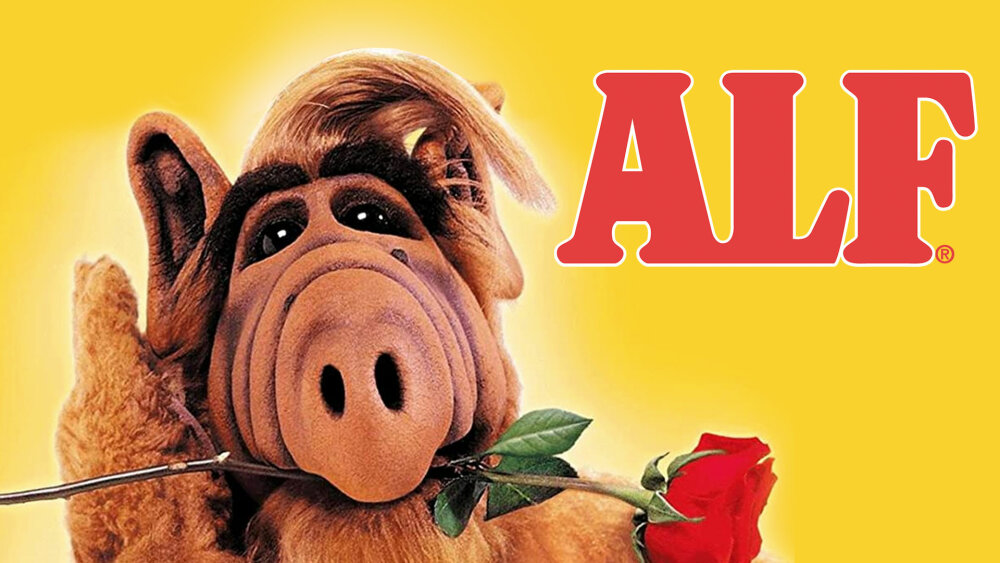
In a 2000 interview with People, cast member Andrea Elson acknowledged the tension on set, revealing that the actors often felt sidelined by the puppet’s presence.
Actors’ Discontent with ‘ALF’ Puppet
Despite the on-screen chemistry between ALF and the human characters, the actors behind the scenes struggled with the technical challenges of working alongside a puppet.
Max Wright, who portrayed patriarch Willie Tanner, found himself at odds with the limitations imposed by the puppet’s presence.
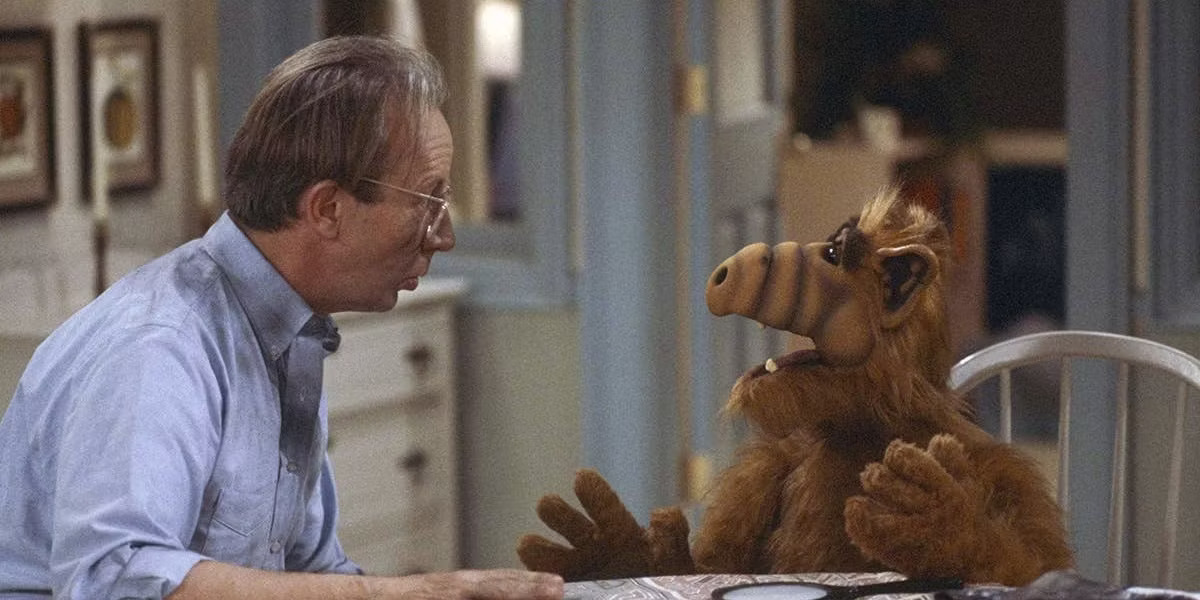
Anne Schedeen, who played Kate Tanner, recalled the grueling hours spent filming with the puppet, describing it as a challenging and often frustrating experience.
While ALF’s antics brought laughter to millions of viewers, the toll it took on the cast was evident. Long hours on set, coupled with the technical complexities of working with a puppet, created a strained atmosphere behind the scenes.
Despite their best efforts, the human actors often found themselves overshadowed by the larger-than-life presence of ALF.
‘ALF’ Legacy Persists Amidst Controversy
Despite the challenges faced during production, ALF’s legacy continues to resonate with audiences decades after its original airing. Its enduring popularity is a testament to its cultural significance and impact on popular culture.
In 2023, ALF made a triumphant return to screens through Ryan Reynolds’ Maximum Effort Channel, reintroducing the beloved character to a new generation of viewers.
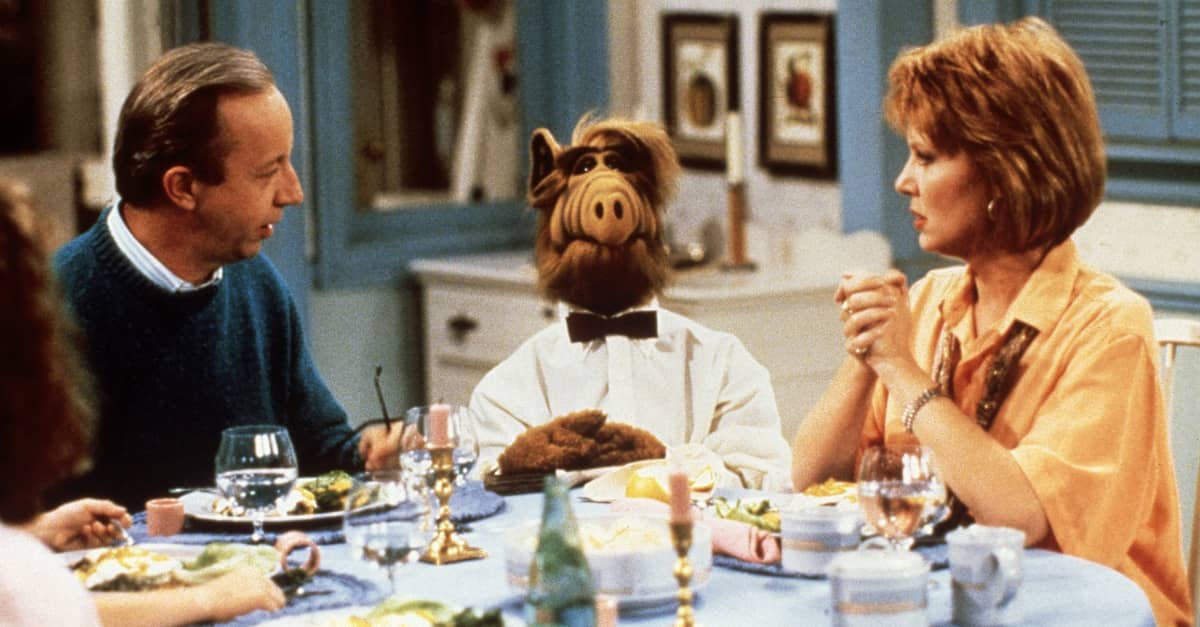
ALF’s enduring appeal lies in its ability to transcend the confines of its time, capturing the hearts of viewers with its timeless humor and endearing characters.
For those eager to relive the nostalgia of the Tanner household, the show is available for streaming on Peacock in the U.S., ensuring that ALF’s legacy lives on for generations to come.

